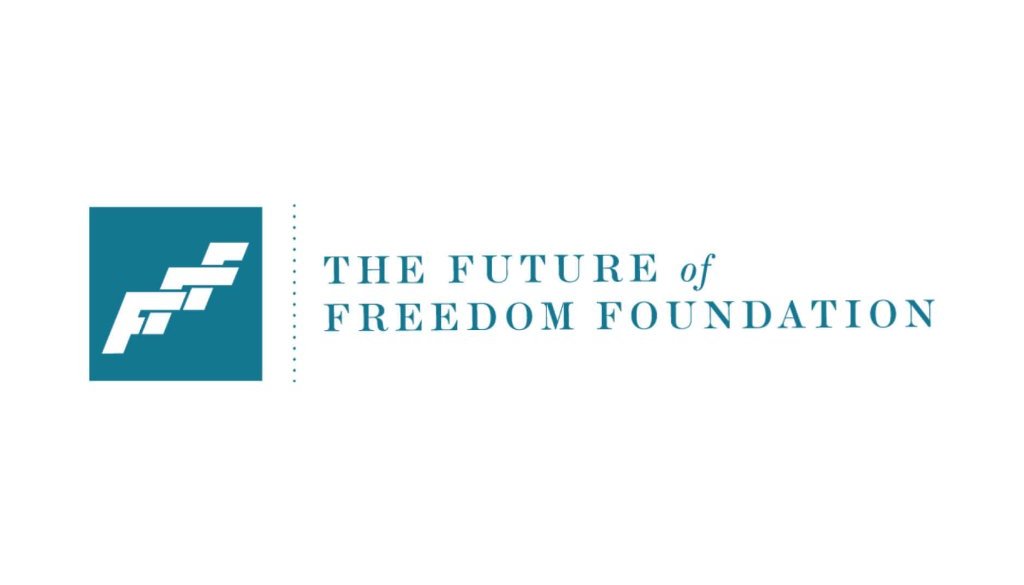Why Did Trump Buckle with CIA Appointment?
REMINDER: For 35 years, you all have kept us going with your generous (tax-deductible) donations. We need your generous end-of-year support for the coming year. I hope we have earned your confidence and your support with our hard-hitting, principled, uncompromising approach toward advancing liberty. You can help us out by donating here.
************
Before he even takes office, President-elect Trump has buckled to the CIA and its supporters in the U.S. Senate. Trump intended to appoint Amaryllis Fox Kennedy, who is married to the son of Robert F. Kennedy, Jr., as deputy director of the CIA. Given opposition among CIA supporters in the U.S. Senate, however, Trump has buckled and is withdrawing Fox Kennedy’s name from consideration.
But wait a minute! The office of deputy director of the CIA doesn’t require Senate confirmation. Trump has the authority to follow through with his plan and appoint Fox Kennedy to the post regardless of what any member of the U.S. Senate — or, for that matter, any member of the CIA — says.
Of course, it’s not surprising that the CIA or its supporters in Congress would fiercely oppose the appointment of any close relative of Robert F. Kennedy, Jr., as the CIA’s deputy director. What if one day Fox Kennedy, for example, were to send out an order stating the following: “I want to see the CIA’s files relating to George Joannides (or any other files or records relating to the JFK assassination). What then? CIA personnel would then be forced into a position of refusing to obey an order of the agency’s deputy director to produce such records for her review.
During the 1970s, the U.S. House Select Committee on Assassinations had reopened the investigation in the JFK assassination, with a major focus on the CIA. The CIA appointed Joannides to serve as a liaison to the House Select Committee, with the ostensible aim of assi
Article from The Future of Freedom Foundation

The Future of Freedom Foundation (FFF) is a leading voice in libertarian thought, tirelessly advocating for individual liberty, free markets, and limited government. Established in 1989, the FFF is more than just a think tank; it’s a hub for intellectual exploration and policy advocacy that draws on the classical liberal tradition and Austrian economics. Through insightful articles, videos, and events featuring top libertarian minds, the organization provides a robust critique of mainstream politics and policies, championing instead the principles that underlie a truly free society. For anyone seeking a principled stand for freedom and limited government, the Future of Freedom Foundation serves as an invaluable resource and an inspiring beacon.



